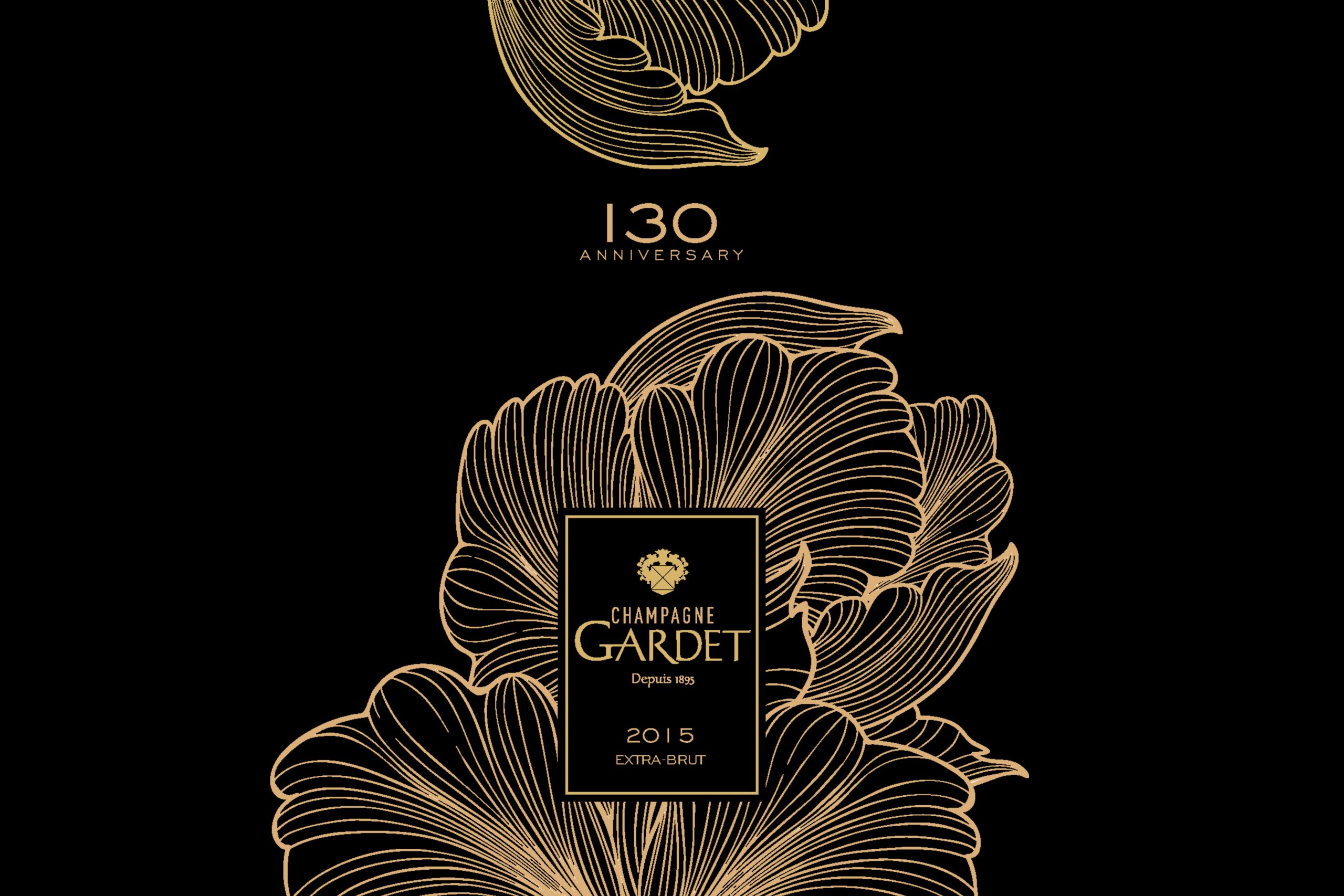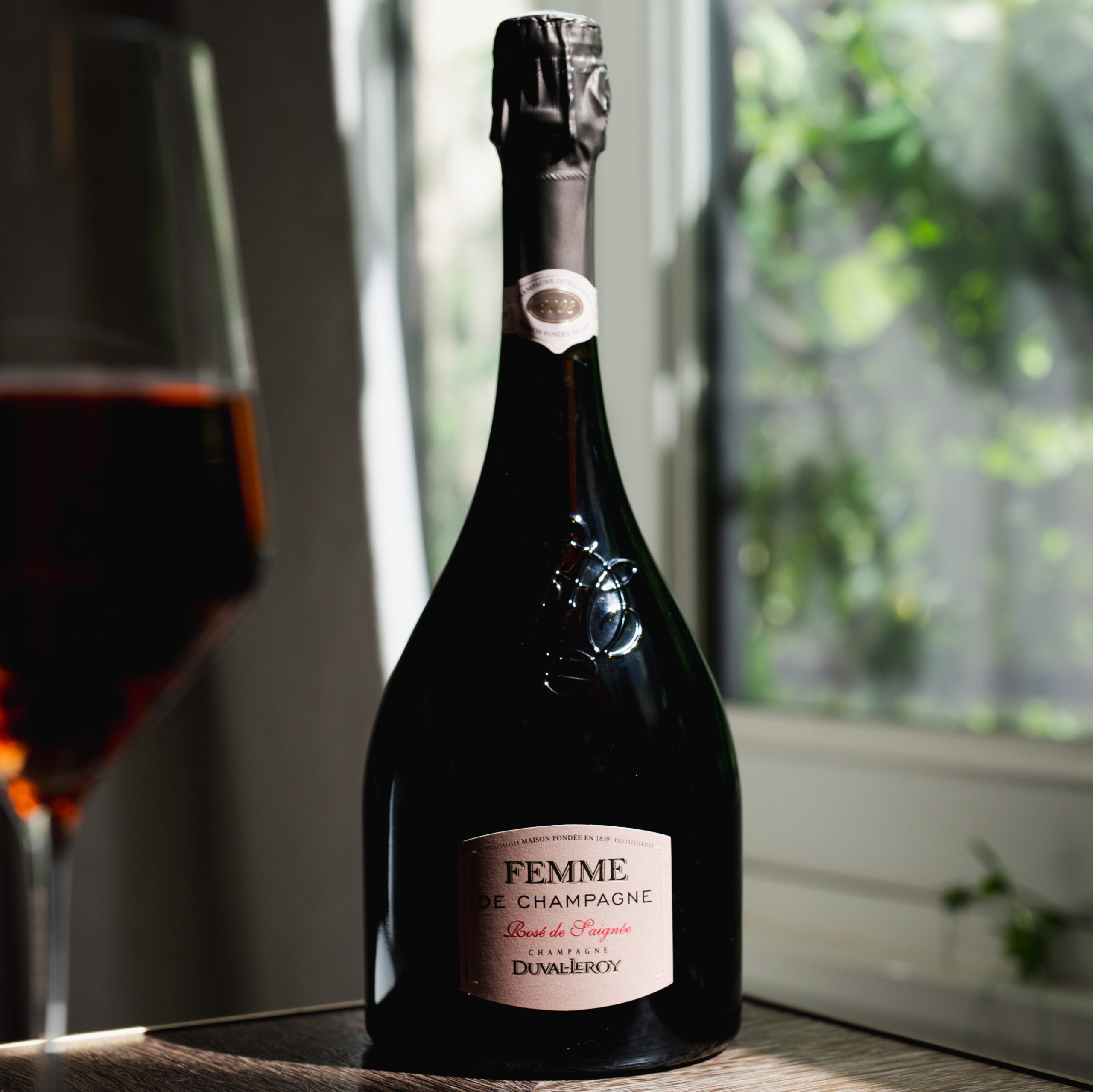Parker: not awarding 100 points “irresponsible”
By Patrick SchmittWine critics who fail to give perfect scores are “dodging responsibility” according to the world’s most influential wine reviewer, Robert Parker.
Robert Parker believes that the critic who can’t award a perfect score is “dodging responsibility”
During an interview with the drinks business earlier this year, Parker – who developed the 100-point rating system – expressed his urge to award full marks to great wines, and his dismay at those who don’t.
“When, in your mind, the wine is the best example you have ever tasted of this particular wine, you have an obligation to give it a perfect score,” he told db.
On the other hand, he branded those who are incapable of awarding a perfect score “irresponsible”.
“I think the person who can’t give 100 is really dodging responsibility, because there’s no way they haven’t tasted a wine that is the best example they have tasted from this producer, the best example they could ever think of.”
He then stated, “I think it’s irresponsible not to give a perfect score if you think the wine is perfect.”
However, he admitted that awarding full marks does risk causing disappointment among wine lovers.
“I realise that when you give 100 points, whether you are a movie or theatre or restaurant critic, the expectations of the readers are almost impossible to fulfil – you are almost setting them up for disappointment, I understand that.
“But, at the same time I balance that out with the sense that if I really think this is best I’ve ever tasted of Pichon-Lalande for example, or Chevalier-Montrachet from somebody, then I’ve got to put that stake in the ground and be held accountable for it.”
Parker also admitted that he himself has been disappointed by his own perfect scoring wines.
“How often do I go back and re-taste a wine that I gave 100 points and repeat the score? Probably about 50% of the time, but most of the time – and there have been a few exceptions – I can understand why I did see it as perfect at that time.”
Finally, Parker said it was “the emotions of the moment” that made the difference between a very high scoring wine and one that’s worthy of the full 100 points.
“To me the difference is the emotions of the moment – the wine must evoke emotion – just like art or music or beauty, there should be an emotional response, and great wines should be emotional.”
Continuing he stressed, “It is that little extra dimension of emotion that comes with 100 points, and that’s the difference between a 97, 98, or 99 and 100.
Partner Content
As for his own confidence in awarding perfect scores, he told db that with time he had become more comfortable giving wines the full 100 points.
“Now, with more experience, I feel more confident doing it more frequently… once you’ve tasted across the field of play multiple times, year after year, you have a sort of encyclopaedic memory of what great wines are and how good this wine is.”
Parker’s comments were made during an interview with the critic in February this year, when he announced his decision to retire from tasting Bordeaux en primeur.
A full report on the conversation with Parker will appear in the June edition of the drinks business.
Meanwhile, Parker’s rating system can be viewed on the following page.
Parker’s 50 to 100 point rating system explained in full.
96-100: An extraordinary wine of profound and complex character displaying all the attributes expected of a classic wine of its variety. Wines of this caliber are worth a special effort to find, purchase, and consume.
90- 95: An outstanding wine of exceptional complexity and character. In short, these are terrific wines.
80-89: A barely above average to very good wine displaying various degrees of finesse and flavor as well as character with no noticeable flaws.
70-79: An average wine with little distinction except that it is a soundly made. In essence, a straightforward, innocuous wine.
60-69: A below average wine containing noticeable deficiencies, such as excessive acidity and/or tannin, an absence of flavor, or possibly dirty aromas or flavors.
50-59: A wine deemed to be unacceptable.
Source: The Wine Advocate




